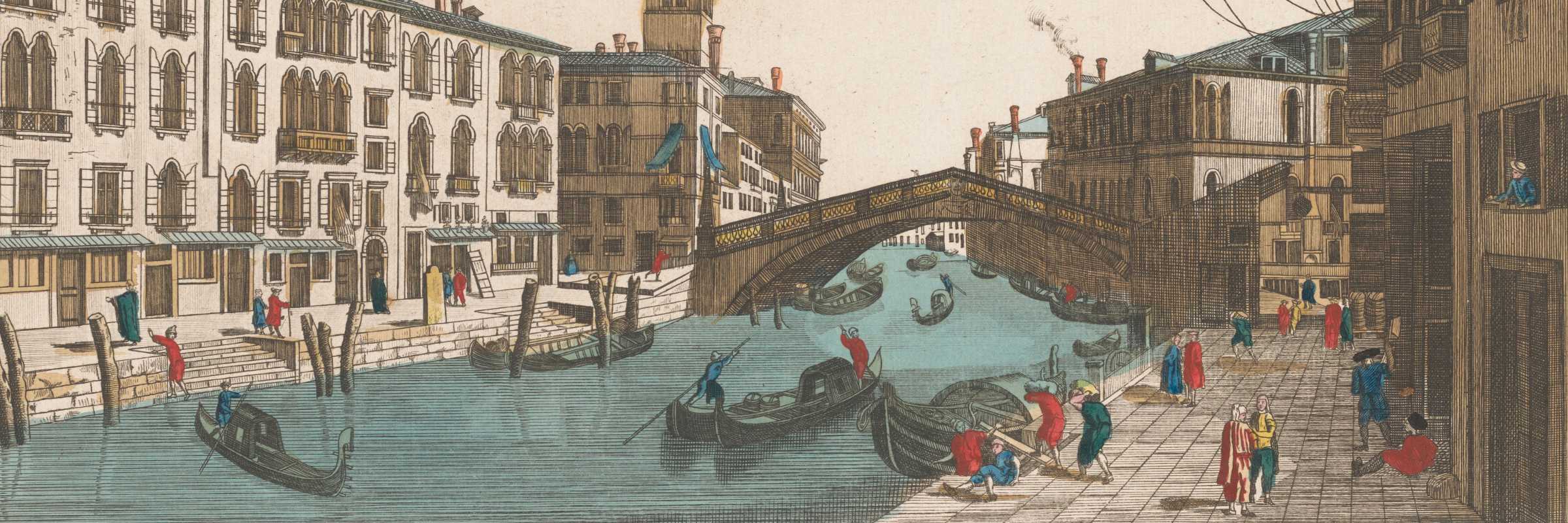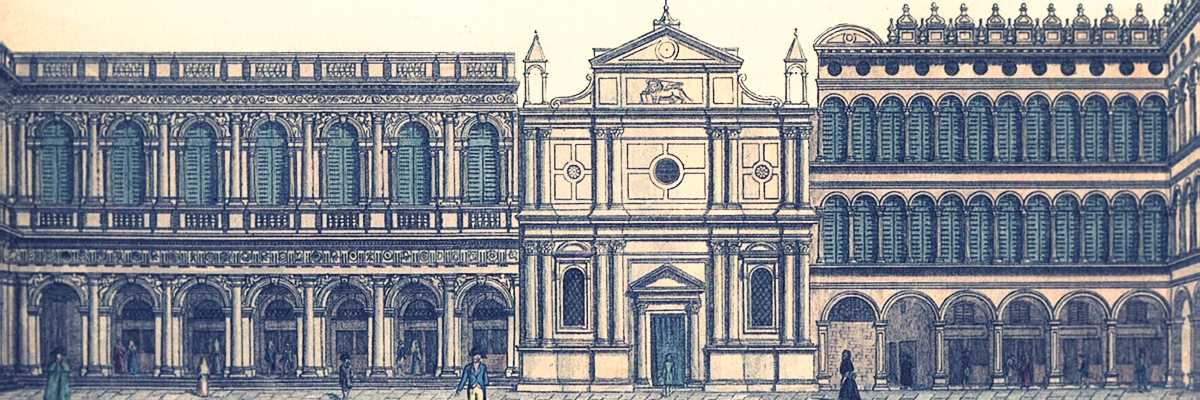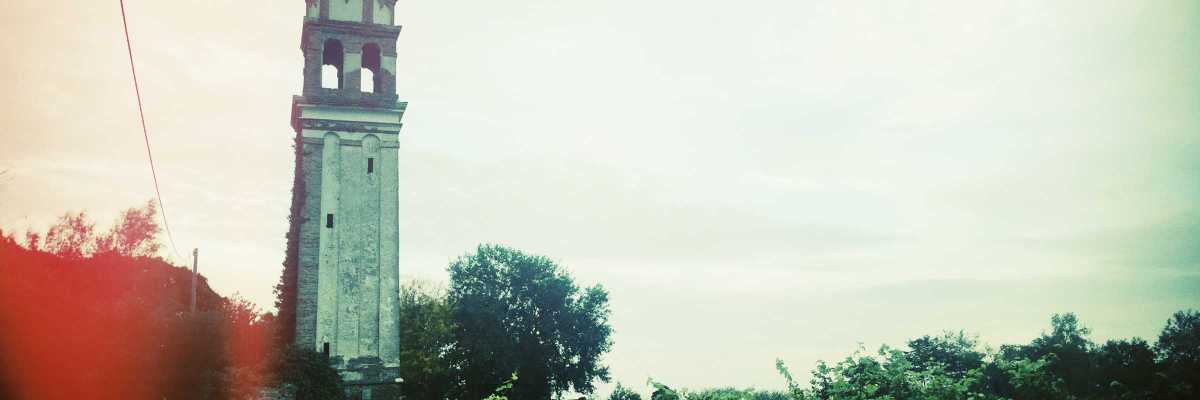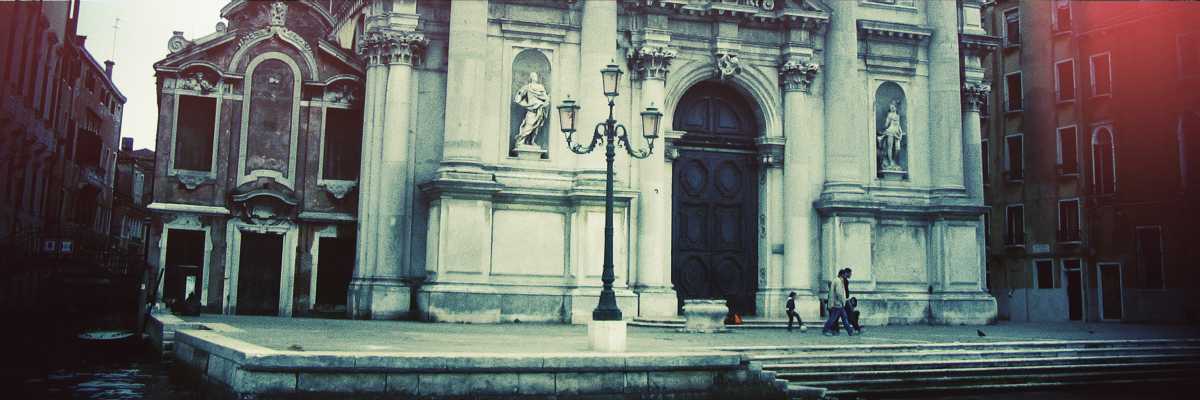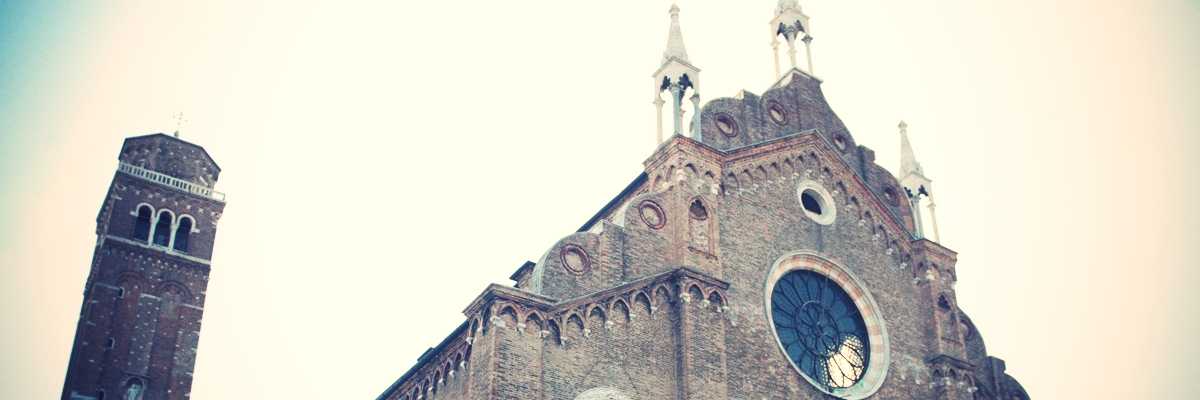Venice June 1509. How was the Serenissima in the midst of a very bloody war? Let us not forget to focus on the fact that it was a real metropolis, also full of outsiders, comparable to the New York of today. Do you remember the figures I reported last time? 300,000 inhabitants. Today we would only need a third of that and we would be a city again.
Venice, which had treasured the talents, labour and skills of so many non-Venetians, discovered at that juncture, however, that it was afraid of the people from the territories that had rebelled against it. And she felt that the presence of the many residents, from Bergamo, Cremona, Brescia, Verona, Vicenza and Padua, not to mention the French and the Germans, was a source of danger. They could be spies, allies of the opposing side or instigators of unrest. As people integrated into the life of the city, they were therefore to be considered enemies of the Republic. And so the first move that was initiated was to fully ascertain the composition of the inhabitants: Sanudo noted that the parish priests were sent per tutte le caxe, a dimandar si havevano forestieri in casa, e tuor nota. In the meantime, the 12 deputies of the sestieri (the sestieri chiefs), meeting in St. Mark's and taken from the books of the descriptions of the districts, elected from among them two nobles and two citizens who were to go around the city to compile an inventory of the people living there, to see who they are, what they do and the nation, and whether they have arms. This survey was shortly followed by an order to leave: an order addressed to the foreigners who came from the rebel cities, especially the Milanese and Bergamasks, and in particular those who had for some time come to stay here, including those who spoke the language of the states allied against Venice. And Sanudo could not but be sorry to see many esteemed doctors leave, who were (earning) well.
Then a decree was made concerning foreign soldiers: they could not carry weapons and if they were found in possession of them they would be hanged immediately. And immediately fo fata una forcha alta in mezo a le do colone.
The city, in the grip of insecurity, drove away those who had in fact always welcomed with good will, especially if they brought knowledge, technology or simply could work to help maintain a high lifestyle even in consumption, characteristic of a Renaissance and mercantile capital, as Venice was.
Fear, as is well known, often stirs up ancient prejudices and false beliefs: so that in those days it was decided that the Jews who had come here from Padoa and Mestre should return to their lodgings... to relieve the land of so many people.
And towards the Venetian cities that had surrendered to the enemy, the reproach for ingratitude and betrayal was loudly raised.
The Venetian people were also called upon to take the blame for the enemy's actions.
